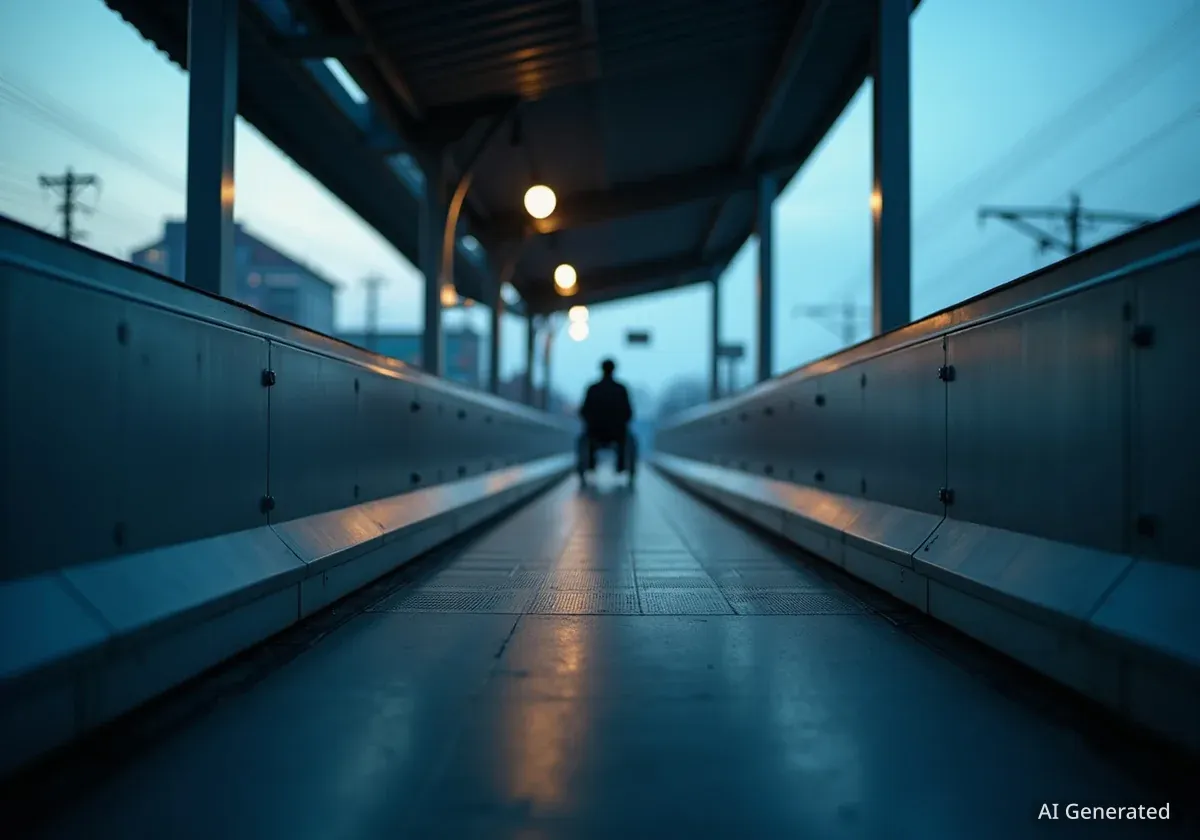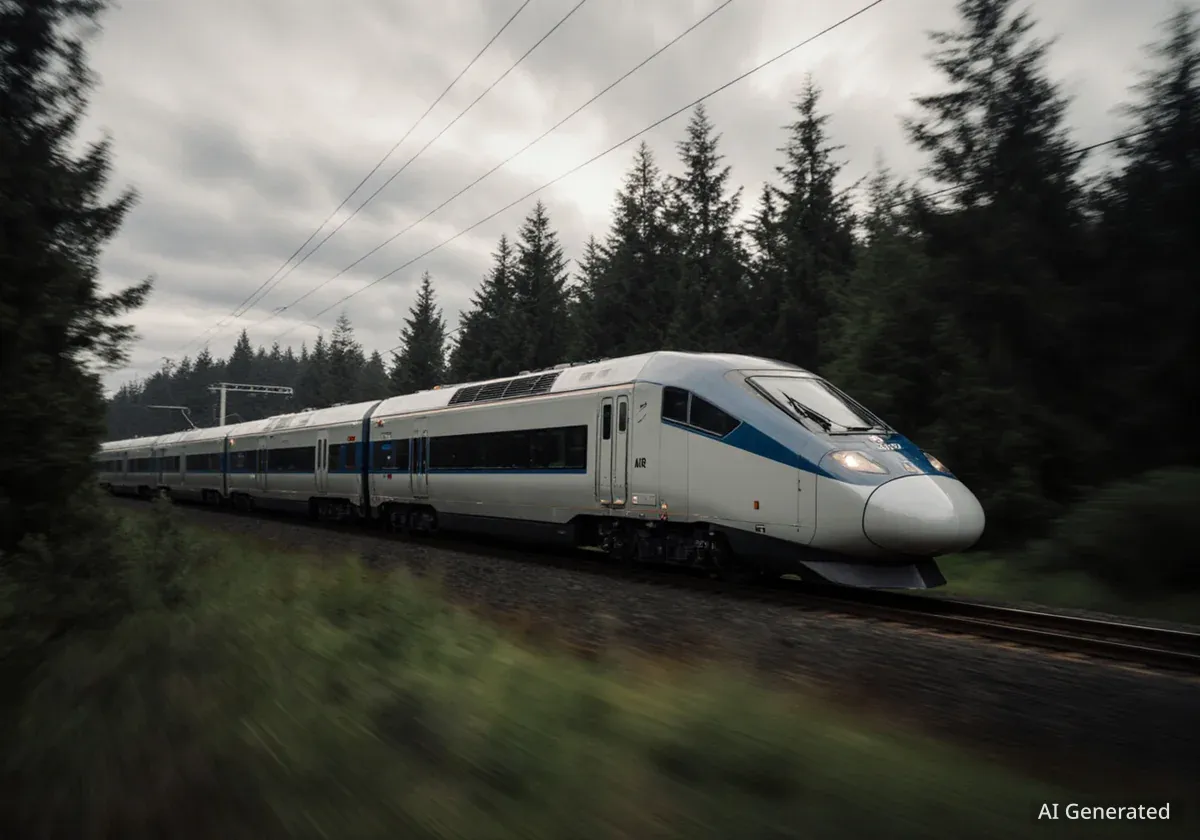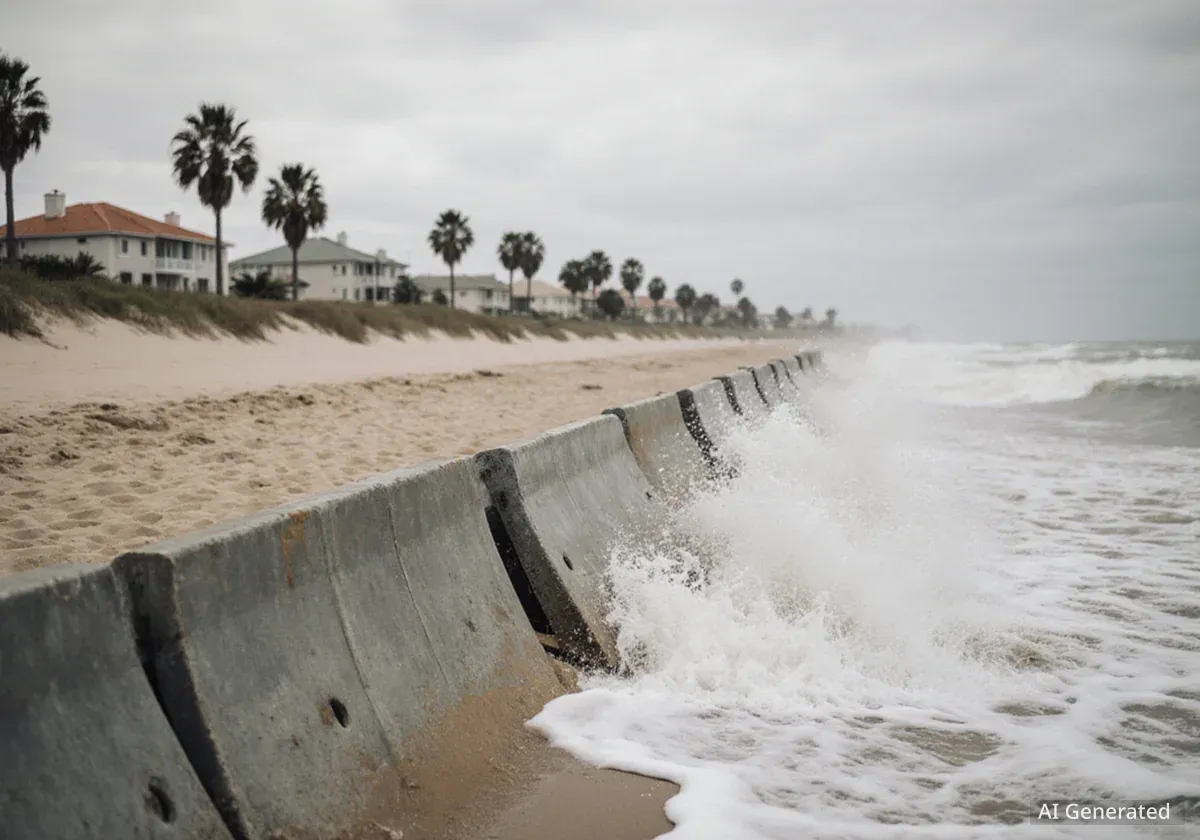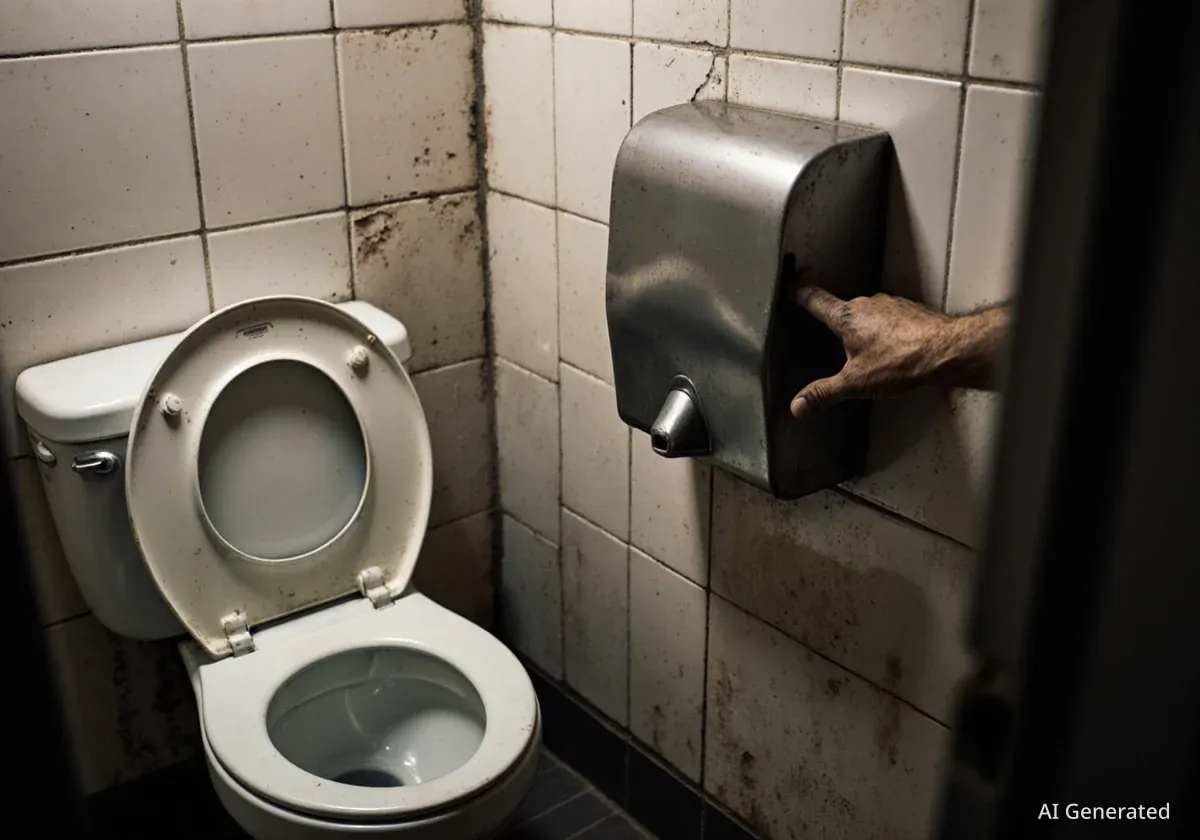Hundreds of paratransit users in the Chicago metropolitan area are facing significant changes to their subsidized rideshare programs, effective this week. Pace, a regional public transportation provider, has reduced the monthly ride cap for its Rideshare Access Program (RAP) and Tax Access Program (TAP) from 240 to 30. This change, coupled with a fare increase from $2 to $3.25 per trip, is a direct response to a looming public transit budget shortfall projected for 2026. For many, these adjustments mean a drastic reduction in their ability to commute to work, attend medical appointments, and participate in community activities.
Key Takeaways
- Pace paratransit ride caps reduced from 240 to 30 per month.
- Fare for subsidized rideshare programs increased from $2 to $3.25 per trip.
- Changes are effective this week due to an anticipated budget shortfall in 2026.
- Riders express concerns about losing access to essential services like work and medical care.
- Legislators are discussing solutions to the broader public transit funding crisis.
Immediate Impact on Paratransit Users
The changes to the RAP and TAP programs have an immediate effect on riders with disabilities. KC Coppel, a 47-year-old Arlington Heights resident with intellectual disabilities and autism, uses RAP for his daily commute to Meijer, as well as for Special Olympics and other social events. His mother, Micki Coppel, described the program as "transformative" for people with disabilities.
Under the previous system, Pace paratransit covered the cost of rides up to $30 after the rider paid $2. The new $3.25 fare and the strict 30-ride monthly limit will force many users to make difficult choices. Micki Coppel noted that a person commuting five days a week would quickly exhaust their 30 vouchers, leaving no rides for medical visits or therapy.
"For the disability community, this decision is devastating," Micki Coppel stated. "It feels as if our families are always the first to bear the burden when budgets are tight."
Program Details
- Previous Cap: 240 rides per month
- New Cap: 30 rides per month
- Previous Fare: $2 per trip
- New Fare: $3.25 per trip
- Pace Subsidy: Covers costs up to $30 after rider payment
Many passengers argue that traditional paratransit services are not a viable alternative. They report these services are often unreliable, take too long, and lack the flexibility needed for spontaneous trips or sudden appointments because they require advance booking. The subsidized rideshare options like Uber, offered through RAP, provided a level of independence that is now at risk.
The Broader Transit Funding Crisis
The decision to cut paratransit services stems from a significant financial challenge facing the Regional Transportation Authority (RTA) and its member agencies: Metra, Pace, and the CTA. The RTA initially projected a $771 million shortfall in 2026. This "fiscal cliff" is largely due to a decrease in ridership following the COVID-19 pandemic and the depletion of federal aid funds.
Demand for the RAP program has increased significantly since its launch last year. This surge contributed to a $25.5 million paratransit budget shortfall in 2024. The RTA estimates this gap will grow to $60 million in 2025. In response, the RTA recommended the fare increases and ride caps to manage program costs.
RTA officials commented, "The fare restoration and the monthly ride caps are intended to limit program costs. We will continue to advocate for fully funding public transit in Springfield during the veto session."
Starting this week, paratransit riders can use traditional buses and trains for free. However, for many, these options do not meet their specific mobility needs.
Legislative Efforts to Address the Shortfall
Public Transit Agencies
- RTA: Regional Transportation Authority, oversees transit funding.
- Metra: Commuter rail service.
- Pace: Suburban bus and paratransit service.
- CTA: Chicago Transit Authority, city bus and train service.
State legislators are actively working to find a solution to the transit funding crisis. On May 31, the state Senate passed a reform and rescue plan. This plan includes potential tax increases aimed at preventing drastic service cuts, which could have been as high as 40% for trains and buses.
A forum on the public transit crisis was held on Thursday, involving key lawmakers. State Representative Kam Buckner, a Democrat from Chicago, emphasized the human impact of the situation. "These are not just trains and buses, these are real people's lives. If we don't fix transit, people lose jobs because they can't get to work on time."
Proposed Solutions and Challenges
The Senate bill proposes several significant changes. It seeks to eliminate the RTA and establish a new oversight board with greater authority over finances, fares, and planning. Additionally, the plan aims to generate over $1 billion to improve transit operations and safety. This funding would come from new fees on online deliveries and real estate transfer taxes.
However, these tax proposals have met with resistance. Republican State Representative Brad Stephens of Rosemont noted, "We saw some enormous pushback" on the tax plans. Despite disagreements, legislators stressed the importance of collaboration.
Stephens added, "This is a statewide issue, this isn't Chicago versus suburbs, Democrat versus Republican. This is about all of us working together to solve a problem."
Democratic State Senator Ram Villivalam, Chairman of the Senate Transportation Committee, urged quick action. "We need to get this done. I don't want the crisis to happen," he said. Republican Senator Seth Lewis of Bartlett pointed out that new sales tax revenues exceeding $250 million and emergency transfers of $75 million to the CTA might delay the most severe financial pressure until later in 2026, suggesting there is time for careful consideration rather than a rushed decision.
House members are expected to vote on transit legislation during the veto session, which begins on October 14.
Other Transit Developments
In other news, Pace is conducting virtual public meetings this week regarding the new Pulse Cermak Line. This bus rapid transit project will connect the CTA Pink Line in Cicero to the Yorktown Center area in Lombard. Meetings are scheduled for Wednesday (English) and Thursday (Spanish) at 6 p.m. Additional details and registration information are available on the Pace website.
Separately, motorists should expect delays and daytime closures on Route 176 in Island Lake. IDOT crews are resurfacing segments of the road, with work anticipated to conclude in December.





